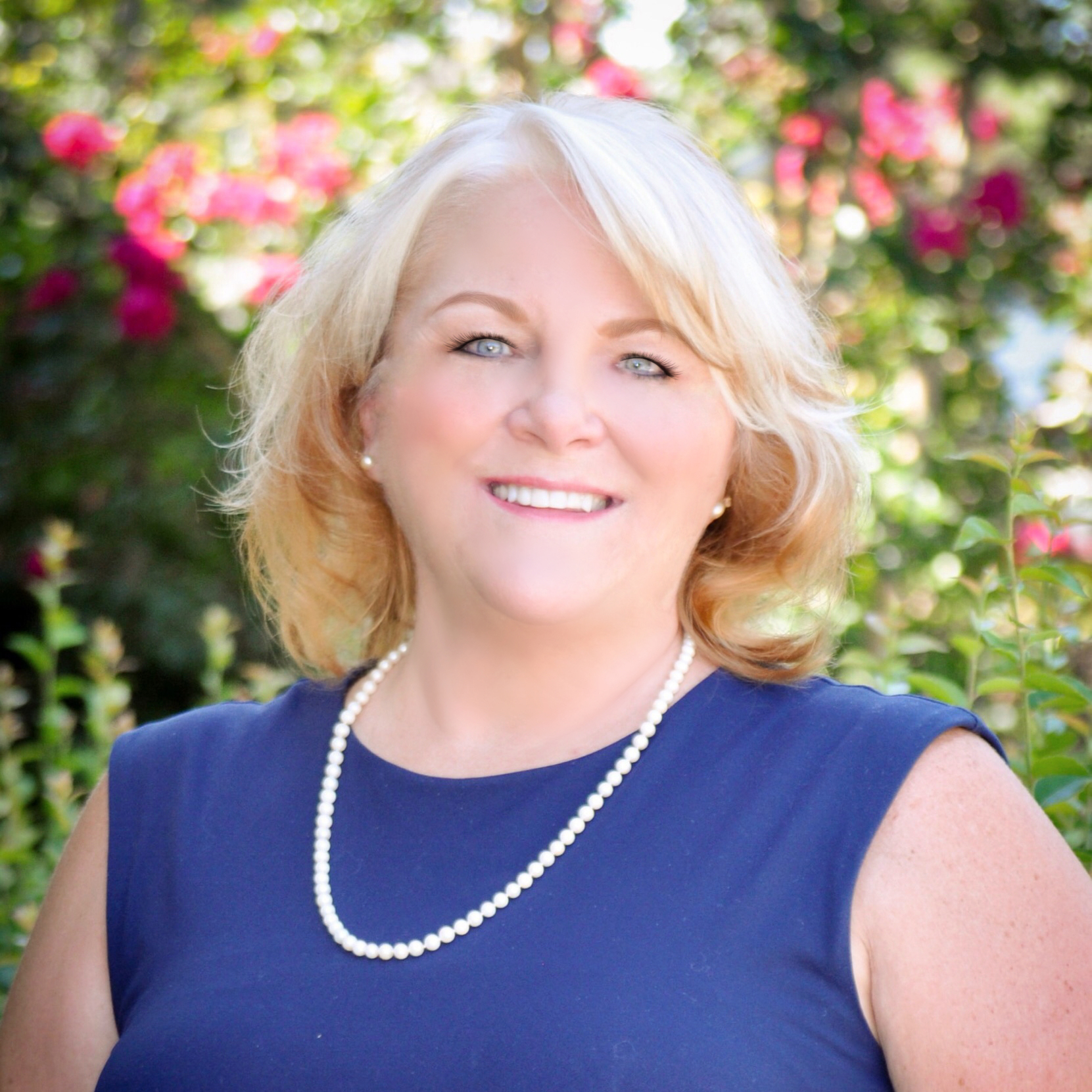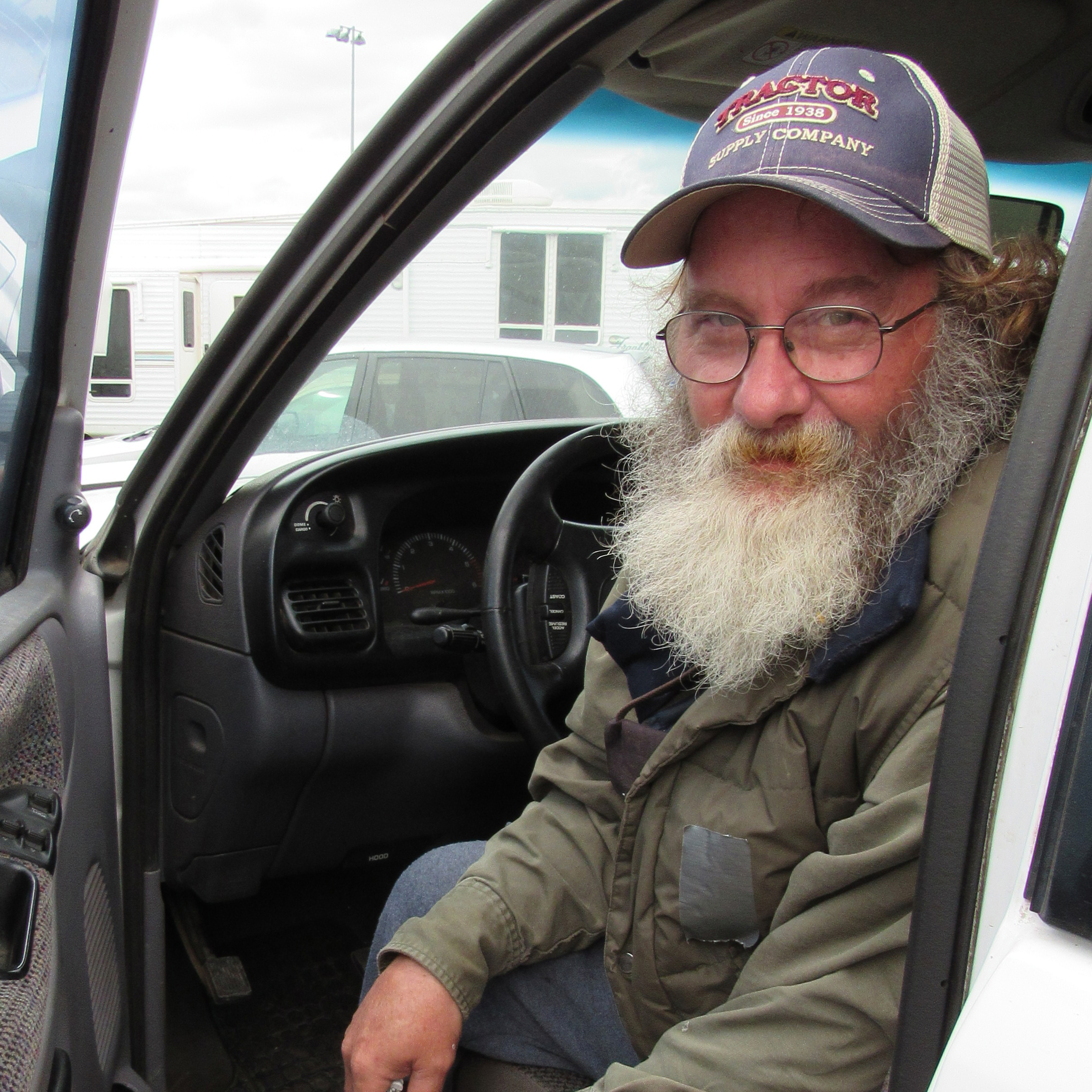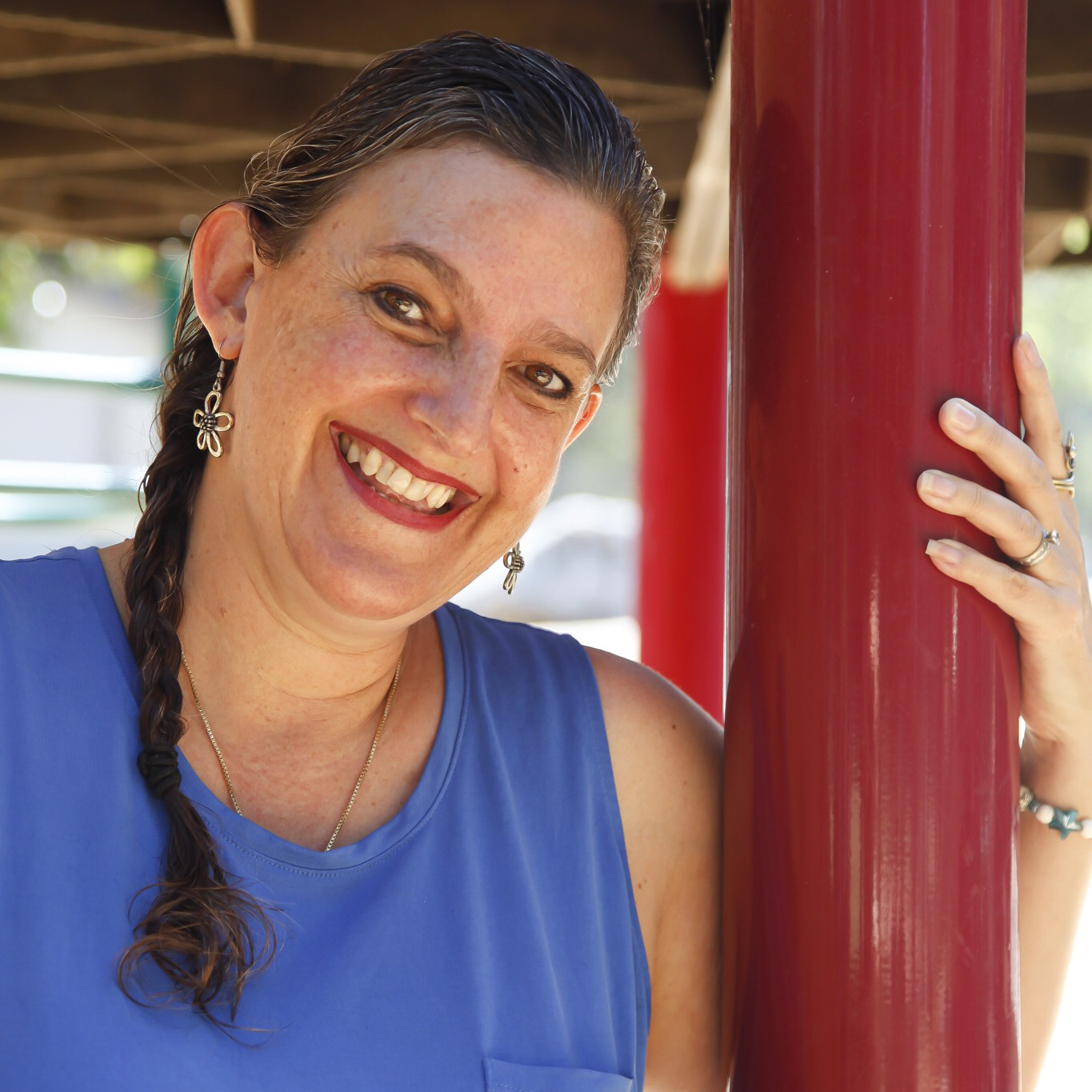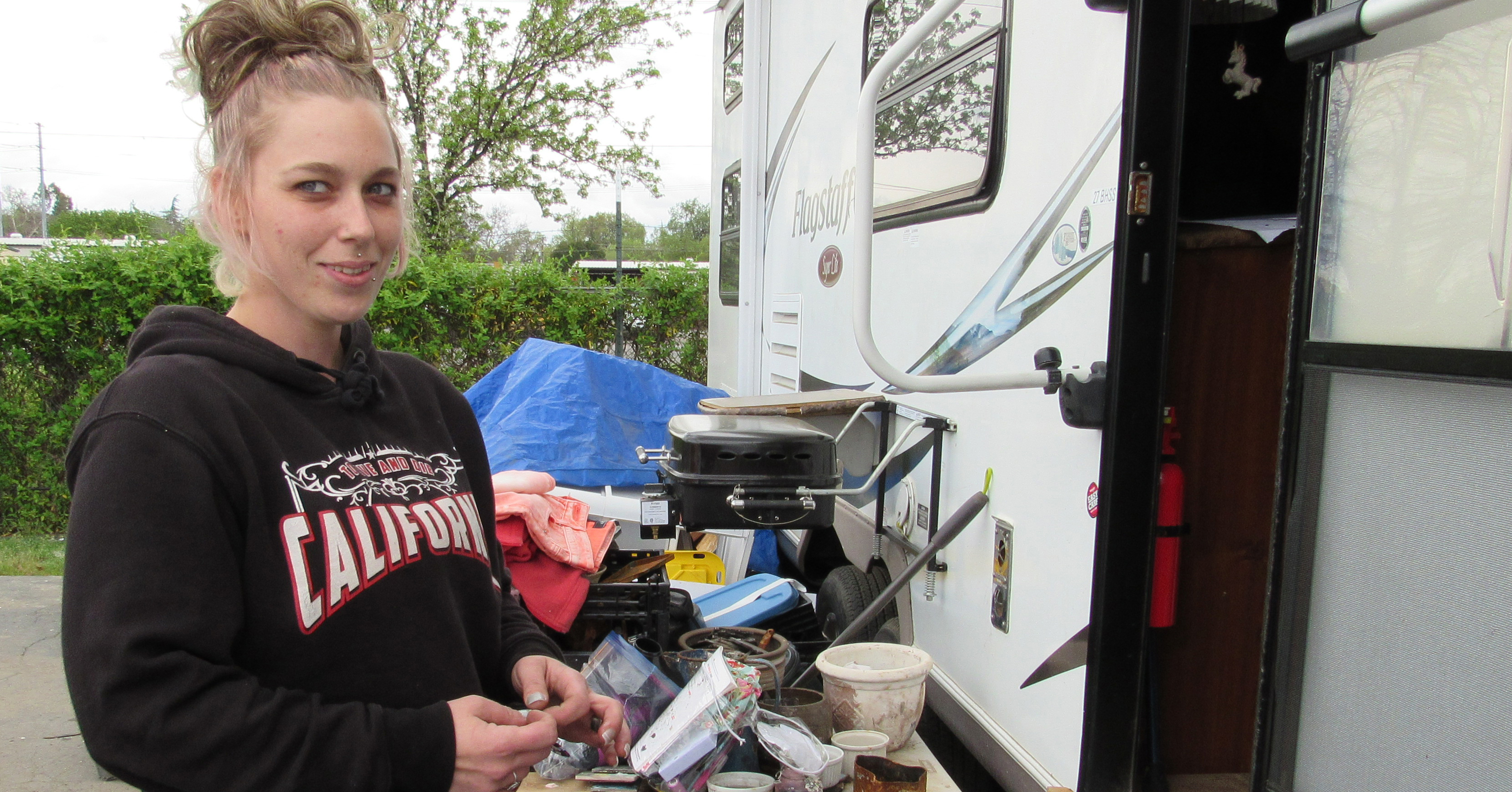Rebuilding Paradise: Residents Cope with Destroyed Homes, Toxic Water, and PTSD
Credit to Author: John Veit| Date: Tue, 18 Jun 2019 19:09:12 +0000
On Google Street View, Paradise, California, is still intact. Clicking your way through the quintessential small town of 25,000—hovering above its tree-lined roads, past its strip malls, drug stores, parks and schools—is a form of time travel. The place you’re looking at is a ghost, a massive “before” picture. The town is still there, but utterly transformed.
During a recent visit, more than half a year after the Camp Fire devastated Paradise and the surrounding area, blackened trees, melted cars, and shells of burned-out buildings still lined the town’s main street. Thousands and thousands of flame-damaged trees still need to be removed from private land, and some residents can’t return to their properties until they are cleared. Those forced to flee the devastation may never return—many ended up in the nearby town of Chico, leading to some complaints of overcrowding, while some left the state entirely. Others have used money provided by the Federal Emergency Management Agency (FEMA) to buy RVs they can live in until they figure out a more permanent living situation. Those who decide to stay have to contend with a drinking water supply contaminated with cancer-causing benzene.
Amid all the talk of this being California’s new normal, Governor Gavin Newsom has scrambled to respond to fires across the state, signing a bill providing funds to communities like Paradise so they can reopen their schools. The state also earmarked $50 million in emergency preparedness funds, and Newsom is trying to speed up forest management and fire prevention efforts. Fire survivors are also getting help from the federal government: FEMA has provided more than $84 million in grants and low-interest loans to people in Paradise’s Butte County. For many residents, payments from FEMA and insurance companies represent the only hope they have to repair their lives.
Structures can be rebuilt, fallen trees can be slowly trucked away. What some worry is lost for good is the sense of the town being a tight-knit community. Only hundreds of people now live in Paradise, NPR reported in April, and though likely more will return as the town recovers, it will never be the same. Below are the stories of five people trying to bring back what was lost.
Michelle John

Michelle John is the superintendent of the Paradise Unified School District, which serves the town and the surrounding area. This fall, she predicts only 1,200 students will return to school, compared to 2,000 who attended before the fire.
We knew exactly what to do in case of a wildfire: Get as many people on the buses as you can. You get them in cars. You use your cell phone. You call your parents. You get them to the evacuation center. If you cannot get them to the evacuation center you get them off the hill. You get them away from the fire.
It took two days to find all of our teachers. Two of them had actually written goodbye notes to their husbands because they had been caught at their school in the flames. They did get out, but they had written goodbye notes and texted them to their husbands.
You have to understand that cell phones and communications were not working very well. We were missing a custodian for over a week. His wife had evacuated to Wilson Bridge Campground. He happens to live across the street from the school, and he was holed up in there with no communication. He was close to home, but because all of the roads were closed, he could not get out. She could not get in. It was an extremely trying time. It was sad, sad, sad.
I applied to the state to get a testing waiver. I got to where I was literally crying on the phone saying, “You guys need to get up here and see what we are dealing with. You don’t have a clue!” The problem was the federal government, because we have a lot of funding tied to our test scores. I developed a relationship with the state so that they understood. They even came up and helped me and appealed to the federal government. For the first time ever a district was granted a federal waiver, so I will not lose the $2.1 million in federal funds that we received for our Title I. That was a big deal.
I think once the state Department of Education really realized what we were under, they went to bat for us. They said, “These kids are traumatized. The last thing that they want to do is sit down and take a test.” Everything we did revolved around art therapy and writing, and helping kids feel safe and secure, and being able to talk their feelings out. In the valley there is fog, and fog sets kids off extremely bad. They think it is smoke. The kids absolutely melt down—they cry, retreat, cling to their teachers.
Our number-one thing was to get them with the teachers they loved and knew. We didn’t want them to go to other schools or other districts where they did not know their teachers. For the 13 days that we were shut down in November they were meeting kids at libraries and pizza places and roller rinks, anywhere, just to get their arms around them and hold them. They’ve been through hell and back together.
They were on a bus where there was smoke filling the bus and the bus driver ripped his shirt off and told everyone to rip it into small pieces. The teachers had bottled water that they put onto the pieces of the T-shirt and were putting those over children’s faces and trying to keep them awake and singing songs and everything. It was horrific. I cannot even describe how horrific it was. The pictures really do not do it justice.
I’m preparing a speech for graduation and it is something I can never get over. We will learn to deal with this, but we will never get over it.
Randy Russell

Randy Russell was seated in the driver’s seat of an old pickup truck parked in front of his new RV at the Silver Dollar Fairgrounds in Chico, where many people fleeing the fire ended up after the Red Cross made it a shelter location.
Before the fire I was in Magalia (five miles from Paradise). We had two and a half acres. We owned our home. We’d been doing the local driving school for about 15 years and pretty much that was it. We lost a lot of our friends, our house, our job. All of my friends lost their friends, all of their friends lost their friends. Just lost to moving—you know, separation. We had family move up there to be close to us and they are all spread out now. They are all over. My mechanic went to Sacramento. Other good friends went to Oregon, another to Idaho. It just kind of busted up whole chains of families.
We didn’t have homeowner’s insurance because they tripled up on us on the prices. We paid our home off and told the insurance company, Thank you, but no thank you. It went from $1,000 per year to $3,000 per year in one year’s time and it kind of rubbed me wrong. I figured in ten years they are going to be holding $30,000. In the same ten years I can save the same $30,000.
We are living in our RVs now. We have got to have some place to put them. [Officials have told people they can’t camp on their own properties due to health risks.] I figure I could stay out of their way, but the blanket rule rules everybody. I’ve got outfits that have called me and said, “I will come in, cut your trees.” It’s going to take a lot. There are probably 1,000 trees there. They are all dead and burned: sugar pines, ponderosa pines, oak trees, cedar trees. It was pretty much a forest. The fire went all the way up to the crown of the trees, all the way up to the top of the trees. For me, it is overwhelming.
Darla Gale

Darla Gale’s nonprofit therapy organization, Heartstrings Counseling, located in nearby Loomis, has been working with fire survivors.
We started seeing posts on Facebook’s Paradise Fire Adopt a Family group about people suffering. They would see a sunset and have PTSD symptoms—the sunset reminded them of the fire. They would hear an alarm clock and it would remind them of a siren from a firetruck. Since this fire, there have been over 20 suicides that I know of that are not reported. These survivors have been through so much.
In the first few months of a trauma or disaster like this, there are so many other things to think about that the last thing they want to think about is mental health. They are numb, in shock, in denial that it happened, even though they know it happened. They are focused on everything else.
Then, about six to eight months after the fire, they are going to really start needing help. They are calling now and they are saying, “I am struggling, now I need help.” They are struggling with post-traumatic stress disorder and depression. Most of these victims have had previous life stuff happening before the fire, like going through a divorce, or losing a loved one. Now they have lost their homes, memories, friendships, community, themselves. That is where we are stepping in and saying, “Hey, you know what? It’s not always going to be this bad. We are going to help you and give you the tools that you need.”
I have an 89-year-old gentleman, his name is John, and he reached out to the Heartstrings line last week. He left a message and said, “I am calling because I lost everything in the fire. My wife passed away five years ago, at least she didn’t have to go through this. I don’t need emotional support. I’m doing fine, but I need a haircut. I have called around and they want to charge me $20 for a haircut and I just need a reasonably priced haircut.” A
I called around Chico, found a barber, had another survivor go and pick him up and take him to his haircut. During that time, he tells me he broke his tooth that holds his denture in and he needs $1,100 worth of dental work right away. He doesn’t have the money. I put up a GoFundMe page and within 24 hours we had the $1,100 for him to go get his dental work. He turned 90 on April Fools’ Day.
Stephen Murray
Stephen Murray is a Paradise local born and raised. When the Camp Fire hit, he jumped into action and helped dozens of people flee to safety in his Chevy Silverado, Big Red. Since then he has continued to devote most of his waking hours helping survivors sort through the wreckage of their destroyed homes and find somewhere to stay or park their trailers.
There are 1,300 homes that survived. Most of them are occupied. There is no water, so they’re having to truck water in. The problem is that it costs $4,000 or $5,000 to bring in a 5,000-gallon tank and put a pump on it. So there are a lot of people that are just not using the water. They are talking three years before there’s going to be water in Paradise. Not good.
They need diesel, too. I don’t know if you’ve ever heard of the Lions Club, but they just gave me $1,250 worth of gas cards for people. So I just bought 50 gas cards at $25 each and I’m just sitting here waiting for people to show up. There is a lot going on, man. It is grueling.
I just got ahold of my father and he says he is proud of me and keep up the fight. So that is all I can do. This is how I deal with my stress: Helping other people. At the end of the day I believe in karma and I have faith in God. I’m thankful that I am alive, and I’m grateful for what I’ve got. I don’t have much. I don’t have a house. I’m still living in a trailer.
I’m actually getting married on Sunday. My father-in-law is going to get the place ready and make it happen. Pretty big wedding, there’s going to be 135 people there. We didn’t want to do it in Paradise because of all the toxins, so we are doing in about four miles outside.
Big Red is a 2014 Chevy Silverado. I use it to pull trailers around town with. It is a little V8. In the morning I’m supposed to hook up to a 30-foot trailer that somebody loaned a Camp Fire survivor from Oregon. I’m supposed to pick it up here in Chico in the morning at 6 AM and drive it up to Grants Pass Oregon and then bring back a (trailer) somebody donated. And when I get back tomorrow night. I’ll let everybody know, I’ll let the family know that I’ve got another home.
Cara Koloyartsev

Cara Koloyartsev was visiting her uncle, who has been living in an RV at the Silver Dollar Fairgrounds. Another relative had haphazardly piled their possessions outside its side door.
I’m staying with a friend right now, but me and my fiancé are looking for a place with my mom and I just got a job that gave me the opportunity to work with them, so I work here at a motel as a receptionist now. We found a house that we are trying to get into, but since the fire someone stole my identity and my fiancé’s identity so we are just like, “What the hell?” [She’s not the only fire victim to have this problem—in April, the county sheriff arrested a man accused of running an identity theft operation that included taking mortgage payout checks from Camp Fire victims.] Our credit went from perfect to nothing. We are in such a deep hole right now. They took our FEMA money and everything like that so we’re just trying to figure everything out.
We are just working from the ground up. We won’t live in Paradise anymore because it is just never going to be the same. I went there once during the day and, as you can tell, you can still see it. [She points to east to a ridge covered in dark clouds.] You can see that Paradise isn’t Paradise. Ever since Paradise burned there’s been like a black cloud over it. It’s crazy. Paradise was amazing. When you’re a newcomer everybody knows it because everybody grew up there together. It was like a big family out there. It was nice.
John Veit is a freelance journalist and photographer. Follow him on Twitter.
This article originally appeared on VICE US.